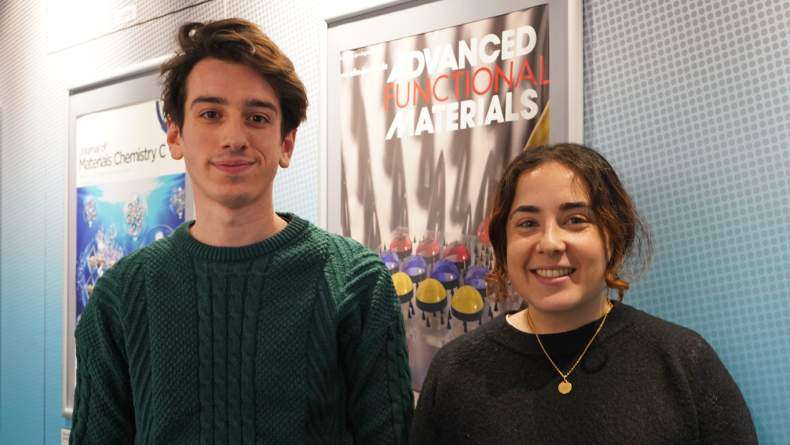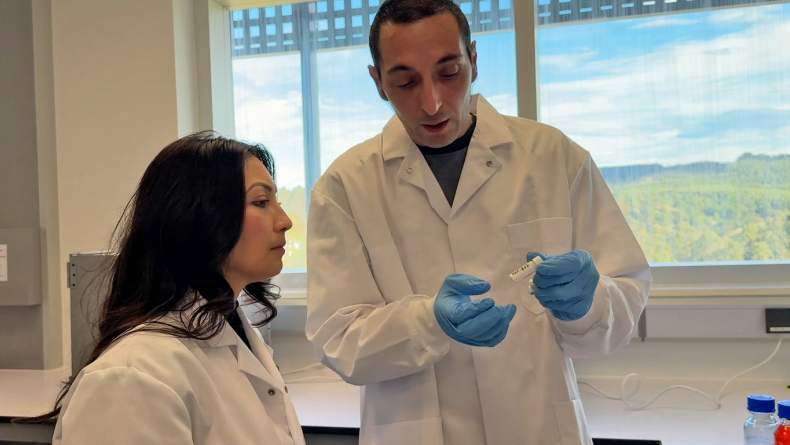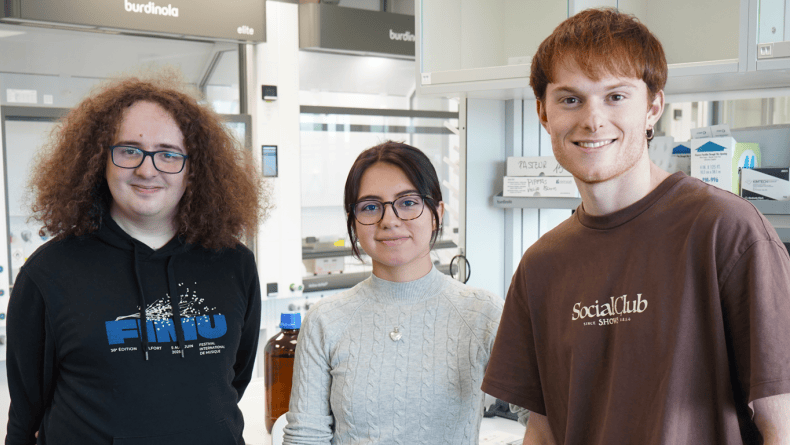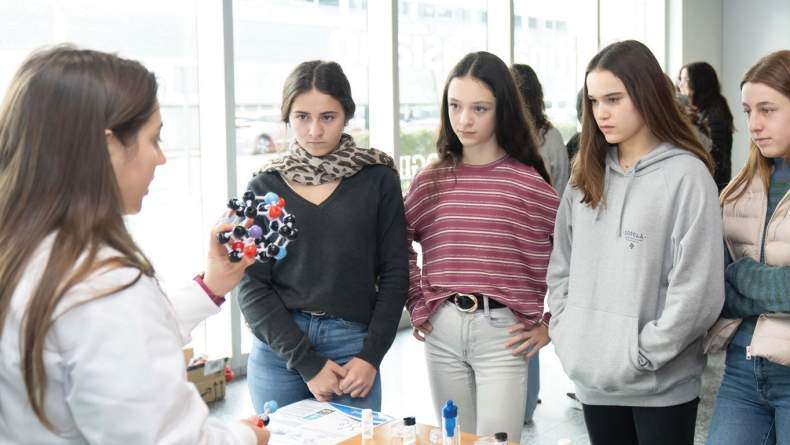BCMaterials invited talks: Professor Hari Srikanth
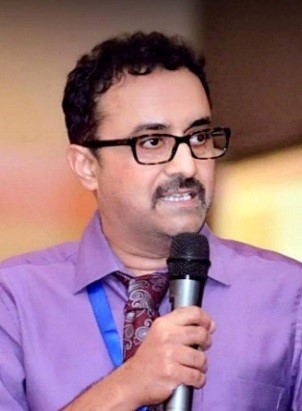
Hari Srikanth Department of Physics, University of South Florida, USA
Magnetic nanoparticles have been building blocks in applications ranging from high density recording to spintronics and nanomedicine [1]. Magnetic anisotropies in nanoparticles arising from surfaces, shapes, and interfaces in hybrid structures are important in determining the functional response in various applications. In this talk I will first introduce the basic aspects of anisotropy and discuss resonant radio-frequency (RF) transverse susceptibility, which we have used extensively, as a powerful method to probe the effective anisotropy in magnetic materials. The tuning of anisotropy has a direct impact on the performance of functional magnetic nanoparticles in biomedical applications such as contrast enhancement in magnetic resonance imaging and magnetic hyperthermia for cancer therapy. I will focus on the role of tuning surface and interfacial anisotropy with a goal to enhance specific absorption rate or heating efficiency. Strategies going beyond simple spherical structures to include exchange coupled core-shell nanoparticles, nanowires, and nanotubes, can be exploited to increase heating efficiency in magnetic hyperthermia [2], [3]. In addition to biomedical applications, composites of anisotropic nanoparticles dispersed in polymers pave the way to a range of electrically and magnetically tunable materials for RF and microwave device applications [4]. This lecture will combine insights into fundamental physics of magnetic nanostructures along with recent research advances in their application to nanomedicine and electromagnetic devices.
[1] E. A. Périgo, G. Hemery, O. Sandre, D. Ortega, E. Garaio, F. Plazaola, and F. J. Teran, “Fundamentals and advances in magnetic hyperthermia,” Appl. Phys. Rev., vol. 2, 041302, 2015. [2] Z. Nemati, J. Alonso, H. Khurshid, M. H. Phan, and H. Srikanth, “Core/shell iron/iron oxide nanoparticles: Are they promising for magnetic hyperthermia?” RSC Advances, vol. 6, 38697, 2016. [3] H. Khurshid, M.-H. Phan, P. Mukherjee, and H. Srikanth, “Tuning exchange bias in Fe/-Fe2O3 core-shell nanoparticles: Impacts of interface and surface spins,” Appl. Phys. Lett., vol. 104, 072407, 2014. [4] K. Stojak, S. Pal, H. Srikanth, C. Morales, J. Dewdney, T. Weller, and J. Wang, “Polymer nanocomposites exhibiting magnetically tunable microwave properties,” Nanotechnology, vol. 22, 135602, 2011. Hari Srikanth
Department of Physics, University of South Florida, 4202 E. Fowler Ave., Tampa, FL 33620, USA
Email: sharihar@usf.edu
Hari Srikanth
Department of Physics, University of South Florida, 4202 E. Fowler Ave., Tampa, FL 33620, USA
Email: sharihar@usf.edu
Hari Srikanth is a professor of physics at the University of South Florida (USF). He received the Ph.D. in experimental condensed matter physics from the Indian Institute of Science. After postdoctoral research for several years, he joined USF in 2000, where he established the Functional Materials Laboratory. His research spans a wide range of topics including magnetic nanoparticles, magnetic refrigerant materials, spin calorics, and complex oxides. He has published about 250 journal articles and given numerous invited talks.
Dr. Srikanth is a Fellow of the American Physical Society and a Senior Member of IEEE. He is an associate editor of the Journal of Applied Physics. He has been closely involved with the Magnetism and Magnetic Materials and INTERMAG conferences for more than 15 years, serving as editor, publications chair, and as a member of program committees.
Related news
Sara Martín and Stefano Lunghi Join BCMaterials as New Researchers
BCMaterials is pleased to welcome two new members to its research team: Sara Martín Iglesias, a postdoctoral researcher in the Active and Smart Materials research line, and Stefano Lunghi, a…Nanomaterials for Water Remediation and Valorization
Scientific staff at BCMaterials are developing next-generation nanomaterials combined with naturally sourced polymer membranes for water decontamination and reuse. These advanced materials not only…Three New Resarchers Join BCMaterials
The new year has brought BCMaterials the arrival of three new young scientists to our staff. They are the pre-doctoral researchers Karen Cano and Mikel Russo, along with the post-doctoral researcher…BCMaterials Activities at Emakumeak Zientzian (Women in Science)
This year marks the 10th anniversary of the Emakumeak Zientzian (Women in Science) initiative, which brings together more than 30 Basque organizations (universities, research centers, companies…) to…
